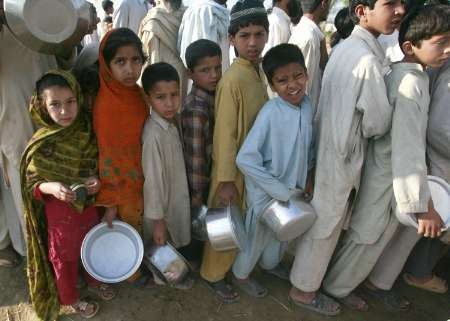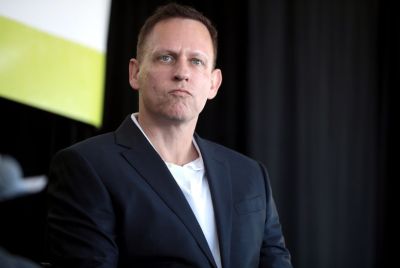Poor countries still host 80% of the world's refugee population, a UN reports says

The number of forcibly displaced people around the world has reached a 15-year high, according to the UN high commission for refugees (UNHCR), with the vast majority languishing in poor countries ill-equipped to cater to their needs.
The UNHCR's 2010 trends report estimated that there were 43.7 million refugees and people displaced within their country by events such as war and natural disasters at the end of last year.
Shockingly, more than half of the total is children.
Also, while the figure does not include the new wave of migration that was caused by the upheaval of the Arab spring, it breaks down into a global total of 15.4 million refugees, 27.5 million internally displaced people and a further 840,000 people waiting to be given refugee status.
The 48-page report also reveals that there has been a fall in the number of returning refugees as they amount to a total of 197,600, which is the lowest in two decades. This has resulted in the number of long-term refugees in "protracted situations" making up almost half of the total of all refugees, the highest number for a decade. The report indicates that "humanitarian crisis and the political situation in a number of countries" are largely to blame for the figure.
The report also states that there are 12 million stateless people around the world while the number of refugees worldwide has actually slightly dropped when compared with the 2009 figures.
The UN explains the drop by citing an increase of Afghans returning home. However, after more than 30 years of almost continuous war, it is still the leading country of origin for refugees, generating 30% of the global total.
Afghanistan is followed by Iraq, with 1.7 million refugees worldwide.
The reports also shows that over the last decade there has been a dramatic fall in the number of refugees from sub-Saharan Africa falling by 1.2 million from the start of the millennium.
While developed countries try to tighten their immigration policies to stop the influx of immigrants and refugees, in reality developing countries still host 80% of the world's refugee population. Pakistan leads the rankings with 1.9 million people, followed by Iran and Syria, who host more than a million. Germany is fourth with 600,000 with the UK coming in tenth with 238,000 registered refugees, 26,000 fewer than the US in 9th place.
UNHCR UK spokesman Mans Nyberg has admitted it remains difficult to efficiently deal with the most challenging crises which as a consequence had contributed to the growing number of displaced persons.
However, denouncing the west Nyberg said that industrialised countries needed to do more to take on their fair share of the burden: "Europe has the impression that the industrialised countries are being flooded. But the flood is into poorer countries. They can't cope. That's why richer countries have to step into to help."
Nybergalso called for countries to cooperate more on conflict resolution. "We are also concerned with the 7m people in protracted situations who are living in camps for more than 10 years, sometimes even 30 years. We are really appealing to the international community to put more efforts into conflict resolution so that these situations can be resolved."
The report also revealed that in September 2010 Japan became the first Asian country to accept refugees as part of the official resettlement programme and rehoused 18 families from Myanmar. However in March, it also estimated that 590,000 Japanese people were displaced because of Fukushima tsunami.
The UN report is then a proof that the propaganda used by western states to justify their tightening of immigration policies is indeed far removed from the real figures, as once again poorer countries are left to deal with much larger influx of immigrants and refugees. If human rights are so important then there definitely should not be 12 million stateless people as it makes them extremely vulnerable and therefore more likely to be abused and deprived of basic rights.
© Copyright IBTimes 2025. All rights reserved.





















